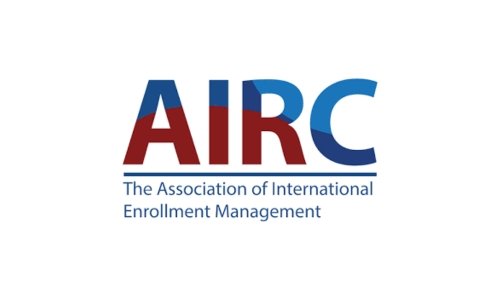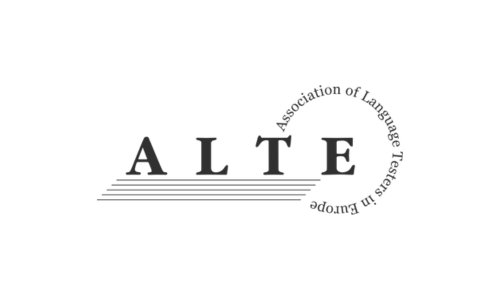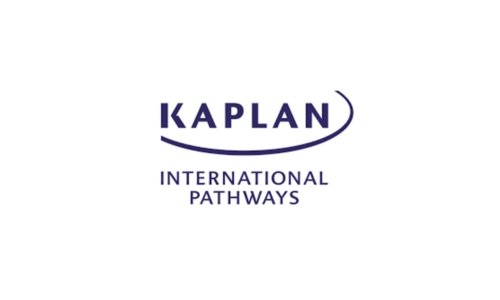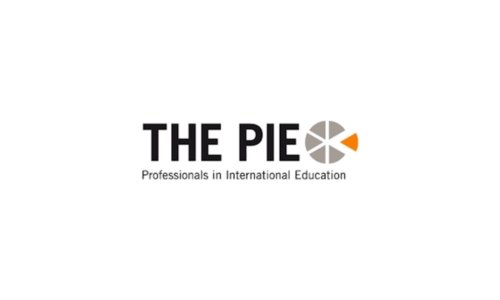
Cost of Studying Abroad: A Quick Budget Guide
- Date August 26, 2025
Quick Highlights
- The cost of studying abroad doesn’t only include tuition and visa application fees.
- Plan your budget early and add a safety buffer.
- Save money by picking affordable study destinations.
- The U.S. has the highest tuition; Italy has among the lowest.
Do you also have a dream of studying abroad in 2025? But the only question that scares you is the cost of studying abroad, which always deters your confidence. So, don’t worry, after the end of this guide, you’ll know how much you have to pay to fulfill your dream.
Studying abroad not only includes university fees, tuition fees, and accommodation charges, but it also includes some hidden costs. We understand that studying abroad is a life-changing challenge, and financial surprises make the journey slightly stressful. So, we are here with a comprehensive guide to all the expenses. So, you can make a budget like a pro, and it will empower you to make the best decisions for the study adventure.
Cost of Studying Abroad: Significant Expenses
Here we mention some significant costs that you must consider.
Visa and Application fees
Visa and application fees are one of the major and initial costs that come with applying to the program and a Visa. University application fees are usually $80-$200. However, visa application fees may vary depending on the destination country. Also, don’t forget to add document translation, courier services, and other biometric appointment fees to that list. They are small, but collectively are a hidden cost that most students forget to add.
Accommodations
Accommodation charges also depend on which location you choose to live in. On-campus domes are the most convenient, affordable, and also a great choice for networking with people. However, off-campus shared apartments with friends are also an economical choice. But you have to manage utility bills and leases on your own. What is recommended is to research by yourself to compare the cost of different cities and find a place that is both affordable and feels like a home.
Tuition fees
The cost of studying abroad also includes tuition fees, which are one of the biggest chunks. It depends on the country you have chosen, the university’s reputation, its specific program, or whether it’s a public or private university. For instance, popular STEM courses or master’s degree programs typically have higher fees than art or humanities. However, public universities in Germany or Nordic countries might have free or super-low tuition fees.
Travel Expenses and Living Expenses
The cost of a flight to your study destination depends on the country, season, how far in advance you book the flight, and the departure city. Beyond the flight charges, he also needs to set aside money for travel around locally. Also, public transport passes are usually more economical than relying on taxis and ride-hail services.
Additionally, living costs for international students include the following.
- Groceries
- Occasional day out
- Utility bills (including electricity, internet, heating/cooling, depending on weather)
- Mobile recharging and personal entertainment
Keeping all of them in mind while budgeting will help you maintain a super dependent life abroad.
Health Insurance
International students must keep their health insurance coverage fees in their budget. The insurance cost of studying abroad is not optional; it’s a non-negotiable cost that can cost from a few hundred to $1,000 annually. Some universities might also have preferred providers, or you may need to buy an independent plan. So, you need to just ensure that your insurance policy covers basic medical care emergencies and all the specific needs of your host country.
Books and other study materials cost
The cost of textbooks and other study materials is one of those costs that a student may miss. So, you also have to keep textbooks and other study materials based on your program. For instance, some courses heavily depend on digital resources available through the university library, which can minimize the cost. However, other courses might require you to buy some pretty expensive physical books, so you have to prepare your budget for them.
Quick Fact: Did you know? In 2023, the U.S. had the highest average college tuition at $9,596, while Italy was the cheapest at just $2,570! See the graph for a better understanding.

How to Plan Your Budget Effectively?
The cost of studying abroad can become more overwhelming if you don’t plan for at least 6 months. Start using budgeting tools and cost calculation from platforms like Immerse Education to get realistic costs. Also, includes every major and minor expense from tuition fees, accommodations, transportation, visa fees, and leisure activities. However, always add a buffer amount for currency exchange fluctuation and unexpected emergencies.
However, understanding the scholarship opportunities and the eligibility criteria will also help a lot. Research student loans or financing options available in your country. Moreover, consider part-time work opportunities in your host country to support your finances and reduce the overall burden.
Cost of Studying Abroad: Saving Tips
To manage the cost of studying abroad, consider countries that are known for low tuition fees, like Germany and France. These countries often provide high-quality education at a minimum cost. However, smaller towns or public universities also provide a lower fee structure as compared to big cities’ expensive universities.
Also, choose programs with shorter duration, such as a UK master’s degree that lasts 9 to 12 months, to cut down total expenses.
Safari Foreign Education & Immigration has been dedicated to guiding Pakistani students towards their dream study destinations, including the UK, USA, Canada, Australia, Germany, and beyond. With its head office in Karachi and branches in Ireland, Safari provides visa counselling, career guidance, and support to each student. Since its establishment, Safari has built a reputation for trust, transparency, and a proven track record of successful admissions, helping countless students join top-ranked universities worldwide and achieve their academic and career goals. Ready to begin your journey? Contact us today!
Conclusion
Lastly, studying abroad in 2025 can be an exciting experience, but only if you are financially prepared for it. Tuition fees to accommodation to travel, insurance, and other hidden costs each matter when planning your educational journey. So, understanding the full cost of studying abroad and taking smart steps like choosing affordable countries, using budgeting tools, and exploring part-time work opportunities will help you a lot.
Do remember that a well-researched and realistic budget is not your financial plan but the foundation for a smooth and stress-free study abroad experience.
Frequently Asked Questions
Q1: What is the average cost of studying abroad in 2025?
The average cost of studying abroad in 2025 varies by country, program, and lifestyle, typically ranging from $10,000 to $50,000 per year.
Q2: How can I reduce the cost of studying abroad?
You can reduce the cost of studying abroad by applying for scholarships, choosing low-cost countries, and living in budget-friendly cities.
Q3: Does the cost of studying abroad include accommodation and travel?
Yes, the total cost of studying abroad often includes tuition, accommodation, travel, insurance, and daily living expenses.
Q4: Can I work part-time to manage the cost of studying abroad?
Yes, many countries allow international students to work part-time, helping offset the cost of studying abroad.
You may also like

Studying in USA: Visa Requirements for Karachi Students 2026

Studying in Canada: How to Study, Work, and Immigrate?





















